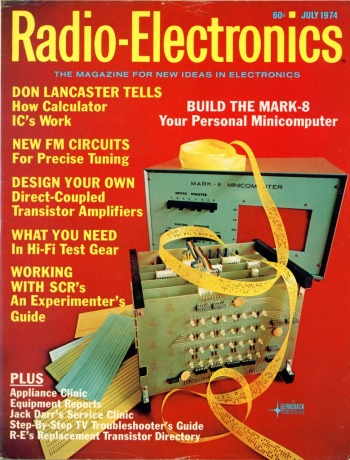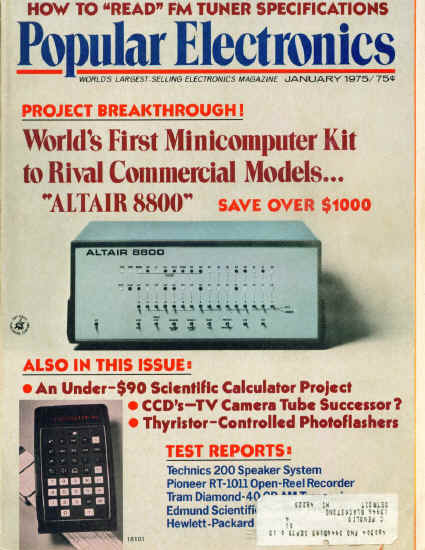I think we could unite these 2 factions, though I may be biased as a man who is both a Hippie and a computer Geek.
Actually, you had "true" hippies and hippie followers. The true "hard core" hippies could be described as "turn on, tune in and drop out." They were into drugs, free sex, etc. They might be described as Libertarians with no economic agenda, so they were categorized as Left Wing. Hippie followers were more modest, picking up the dress, hair styles, music, etc. They all stood together in protest of Vietnam and the media grouped them together in the news.
For hippies to be techie geeks, you are talking about the "intellectual left." This would be the SDS of the sixties. Mike Stivic of "All in the Family" was a member of the intellectual left. Their goals were for a government that best served the people, as they defined their values. They considered the hard core hippies to be people who wanted to withdraw from society (like the Beatniks) as non-allies to their causes.
I recall hippies on campus in the early seventies. They were unshaven and had long hair. One graduate assistant in the physics department had hair halfway to his waist. Though identified as hippies, these were serious students. In those years, there was no computing at Radio Shack. Computing meant writing programs in Fortran, Cobol or some similar code (they didn't even have Basic then).
By 1974, all the causes supported by the hippies were resolved, and they faded away. Once Ford became president, campus atmosphere was distinctly non-political. By 1975, the anti-war mood of 1969 or 1970 was gone, not even within memory of any undergraduate.
We talked about ways to begin a proto-hippie movement earlier. Now, to extend it into the seventies might be more of a challenge. Perhaps environmental issues are not well addressed as in OTL. Pollution might be the issue that keeps the protests going until the mid-seventies. In this scenario, perhaps techie people get involved in terms of chemistry and the impact of pollutants on people, plants, animals. Lake Erie is dead. The Cuyahoga River caught fire.

